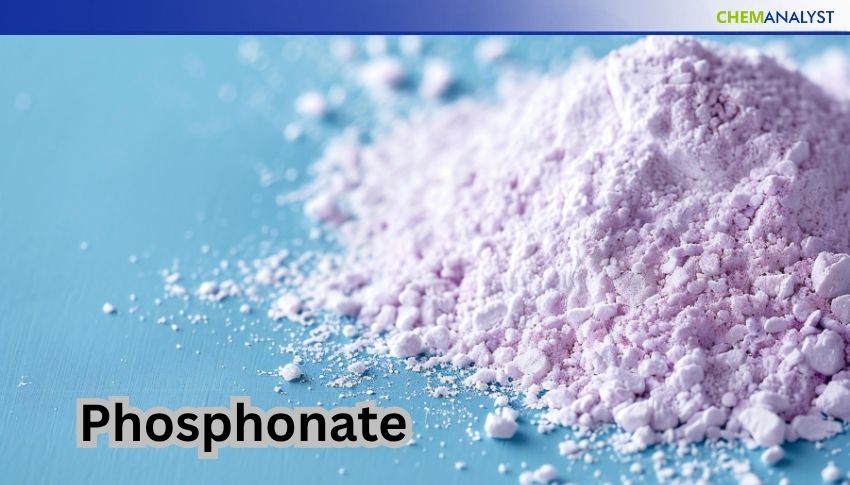Welcome To ChemAnalyst

Global phosphonate prices held steady in June 2025, with Asia demonstrating resilience due to the region's ongoing demand for water treatment, while the West was beset by huge stockpiles and industrial slowdowns. Prices in China and India remained stable due to strong local demand and municipal measures. Germany and the USA, on the other hand, experienced logistical delays and poor downstream offtake. Even while opinions around the world remained neutral, continuous environmental legislation and infrastructural investments in Asia are anticipated to meet future demand. The market is currently waiting for indications of inventory correction and demand resurgence in the second half of June, while freight costs from Asia remained stable.
The global phosphonate sector started June xxxx with apprehension as positive demand remained tepid from the major buying economies, while the fundamentals of Asia still support. US, Germany and Japan remain wary buyers. China and India are at least somewhat steadying forces as inventory levels in the West, as well as industrial slowdowns, have taken their toll, despite demand continuing to be supported by water treatment applications that propelled the phosphonate market over the last xx months. There is still a lot of attention to potential disruptions from port congestion and freight logistics, but businesses are hoping that demand levels will stabilize this month.
During the first week of June, Phosphonate ATMP xxx FOB Shanghai remained steady at USD xxx/tonne in China. Phosphorus trichloride prices were stable, supporting the local market&#xx;s impressive resiliency. China garnered support from its growing...
We use cookies to deliver the best possible experience on our website. To learn more, visit our Privacy Policy. By continuing to use this site or by closing this box, you consent to our use of cookies. More info.
